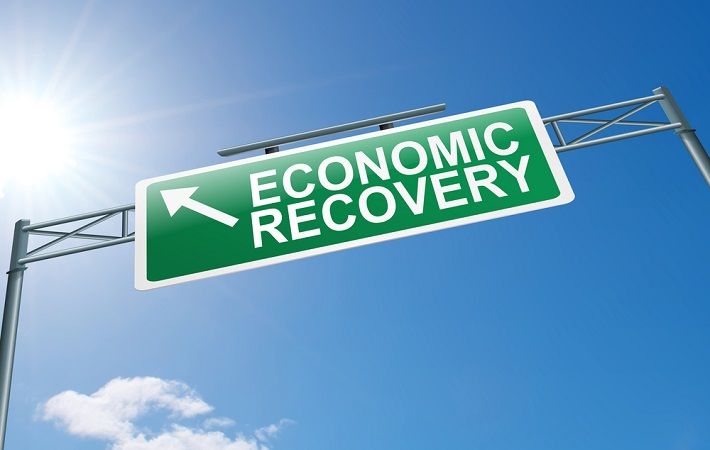World economic recovery likely to remain uneven: OECD

"In many advanced economies more and more people are being vaccinated, government stimulus is helping to boost demand and businesses are adapting better to the restrictions to stop the spread of the virus. But elsewhere, including in many emerging-market economies where access to vaccines as well as the scope for government support are limited, the economic recovery will be modest," OECD's report said.
The OECD has revised up its growth projections across the world’s major economies since its last full Economic Outlook in December 2020. It now sees global GDP growth at 5.8 per cent this year (compared with 4.2 per cent projected in December), helped by a government stimulus-led upturn in the United States, and at 4.4 per cent in 2022 (3.7 per cent in December). "The world economy has now returned to pre-pandemic activity levels, but real global income will still be some $3 trillion less by the end of 2022 than it would have been without a crisis," the report said.
As long as a large proportion of the world’s population is not vaccinated and the risk of new outbreaks remains, the recovery will be uneven and remain vulnerable to fresh setbacks, the Outlook says. Some targeted restrictions on mobility and activity may still need to be maintained, particularly on cross border travel. This will affect the prospects for a full recovery in all countries, even for those with a fast vaccine rollout or low infection rates.
While Korea and the US are already back to their pre-pandemic income levels, much of Europe is expected to take an additional year for them to bounce back. In Mexico and South Africa, it could take another three to five years.
On the upside, the high levels of household savings that have built up during the crisis could be unleashed as economies reopen, boosting consumption and growth to higher-than-expected levels, especially in advanced economies.
The release of pent-up demand in the advanced economies, together with disruptions to supply chains caused by COVID-19, could push up inflation and market interest rates, which in turn risks putting vulnerable emerging-market and developing countries under financial pressure. But, according to the Outlook, the jump in inflation will likely be temporary as the disruptions should start to fade by the end of the year, with production capacity normalising and consumption rebalancing from goods towards services. The OECD adds that with many people still out of work, a cycle of sharp wage rises and price increases is unlikely.
Fibre2Fashion News Desk (RKS)
































-Ltd..jpg?tr=w-120,h-60,c-at_max,cm-pad_resize,bg-ffffff)





.jpg?tr=w-120,h-60,c-at_max,cm-pad_resize,bg-ffffff)
.jpg?tr=w-120,h-60,c-at_max,cm-pad_resize,bg-ffffff)






